The Queensbridge rapper’s sequel mythologizes his business acumen and doubles down on the formula of its predecessor to mixed effect.
Nas tends to cast his life in prophetic terms. From the “ancient manifested” street tales of Illmatic to the Afrocentric history lessons of songs like “I Can” to the “God’s Son” tattooed on his stomach, he’s long insisted he’s anointed by a higher power. At his best, that fascination with the divine made his music feel grand and stately even when it was about smelly elevators and petty crime. At his worst, his spiritual streak has fueled a bland prosperity gospel. Last year’s King’s Disease, while an improvement from Nasir, was mostly the latter: the Queensbridge rapper mythologizing his business acumen and the personal experiences that helped shape it. The sequel doubles down on that formula to mixed effect.
Continuing where its Grammy-winning predecessor left off, King’s Disease II’s main themes are maturation and tutelage. Nas, emboldened by his longevity in rap and successful business ventures, invites listeners to “MasterClass, Escobar,” as he puts it on “EPMD 2.” This rap elder template fits a Nas who seems more stimulated by an investment opportunity than a sick snare, but the songs here aren’t illustrative. Nas’ mogul talk is mostly a highlight reel: “Money off tech, pushing a Tesla/Rolled up a fresh one/It’s one IPO to the next one,” he raps on “Store Run,” mechanically referencing Illmatic. It sounds like he’s introducing himself at a corporate luncheon.
Hit-Boy returns as the main producer, again matching Nas’ monied raps with elegant beats befitting a wine tasting. The partnership works. Nas’ kingship goes down easy over Hit-Boy’s clean drums and neat arrangements, which indulge Nas’ nostalgia without kowtowing to it. Hit-Boy even occasionally coaxes Nas out of the executive suite. “YKTV” channels the sour glitz of Bronx rappers like Lil TJay and A Boogie Wit Da Hoodie, the latter making a guest appearance. “Rare” swings from spare breakbeats to snappy hi-hats and a spirited organ loop. Nas seems to power up as the beat builds, his flows spry and unforced.
The moment passes. Where Nas’ clunkers used to at least feature a striking rhyme or image, now they just fall flat. “Correctional facilities never do it correctly,” he says on “The Pressure.” “Only island that my niggas knew was Rikers or Staten,” he says on “40 Side,” a line that’s neither clever nor true—his native Queensbridge neighborhood is just across Roosevelt Island from an island called Manhattan. On “My Bible,” he notes that jewelry and cars can be cursed. “Let that soak in your mind,” Nas says. These misfires rarely tank a song or verse, but they underscore how forced the boss posturing is. Guests EPMD, Eminem, and Lauryn Hill (reemerging from recording hiatus with a fiery verse) land all of the standout lines.
When Nas’ rhymes aren’t clumsy, his storytelling is. For “Death Row East,” he journeys back to the height of the 1990s coastal rivalry, relaying an ultimately futile reconciliation attempt between himself and Tupac, who died before they could parley. The account never becomes more than a footnote, Nas speedrunning through his own nostalgia. “Moments” is just as slapdash. “I never met Muhammad Ali, wish I did/My brother saw him, champ told him nothing is real/Gave me the chills, thought about it, that’s how I feel,” he raps. That’s the whole story.
There’s a hint of survivor’s guilt in Nas’ fixation on the past. The first verse of the album opens with “I ain’t made it till we all can say that we made it,” and throughout, Nas pauses to note the people he’s lost, as well as dead rappers. He’s clearly taking stock of his career and his life, but his insistence on a moral to his life story crowds out detail and texture, turning his soul-searching into grandstanding. His version of history is a perpetual victory lap, an eternal bacchanal of self-help gruel—or “Brunch on Sundays,” as he puts it. King’s Disease II isn’t the worst legacy-obsessed rap album in recent memory. But it’s a reminder of the emptiness of rap as monument, the way fetishizing posterity reduces the genre. Nas is blessed, yes. Is that it?






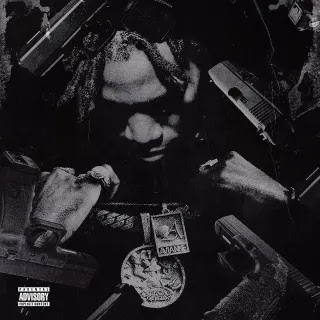
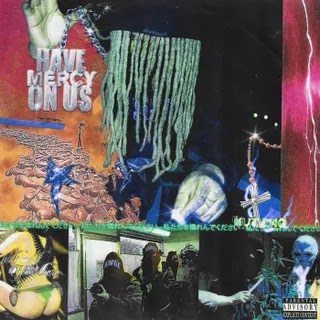
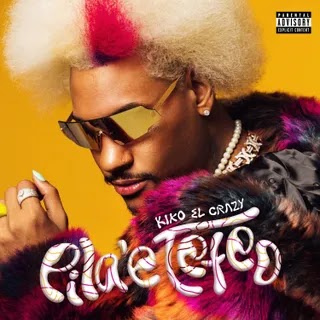
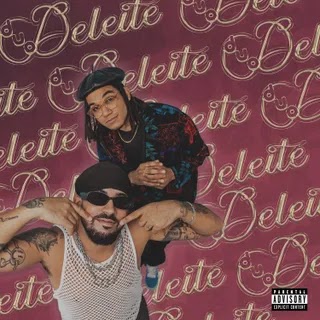
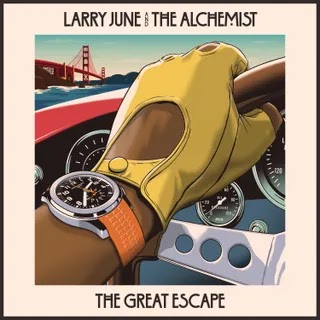





0 comments:
Post a Comment